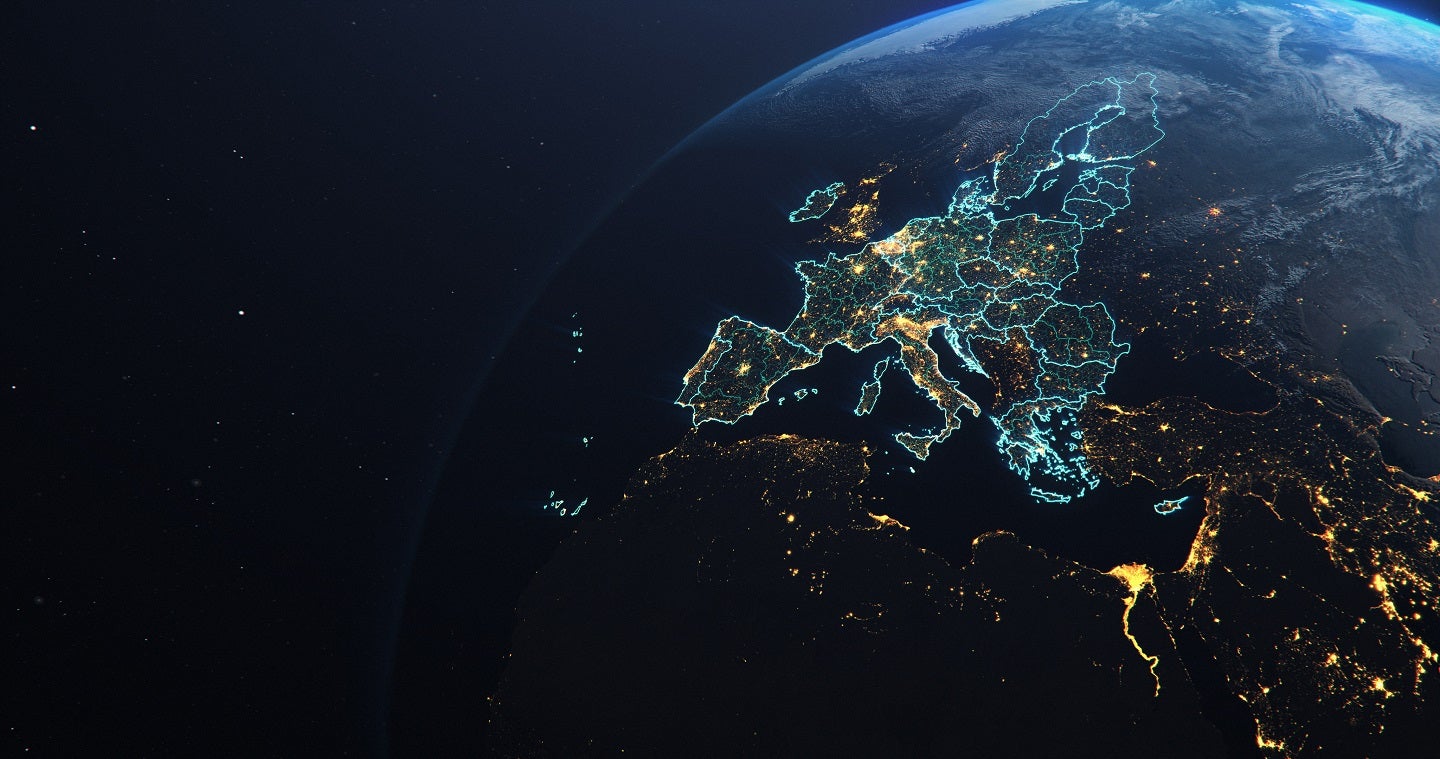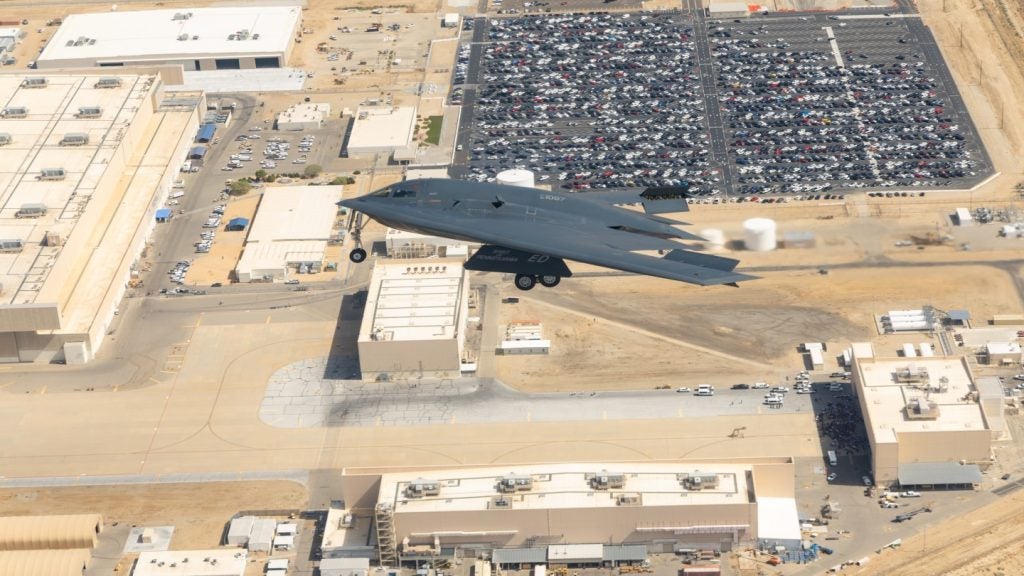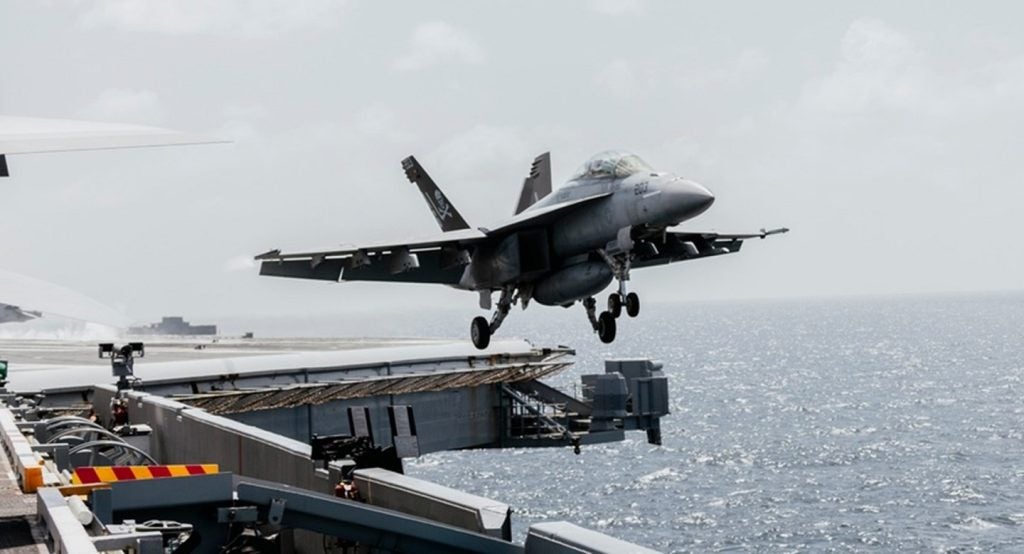
The scale of shared interest between the UK and the European Union (EU) has grown significantly as Ukraine has been resisting Russian aggression for the past year.
This has led to questions in the UK over the country’s intergation within a more coordinated European defence policy; and whether an agreement to a shared platform for dialogue, beyond bilateral relations, will produce greater impact.
The President of the European Commission, Ursula von der Leyen, has given a sense of the shared interest in the past, commenting: “Ukraine has become the centre of our continent. The place where our values are upheld, where our freedom is defended, where the future of Europe is written”.
Similarly, but more hawkishly, the UK Prime Minister Rishi Sunak said at the Munich Security Conference (MSC) on 18 February that “we need a military strategy for Ukraine to gain a decisive advantage on the battlefield to win the war, and a political strategy to win the peace”.
Both polities have committed support to the Ukrainian plight, and for European defence at large; whether it be military, political, or humanitarian support. Their commitments have marked the Ukraine war as a “wake-up call” for a shared policy to strengthen defence cooperation.
A UK Foreign Affairs Committee (FAC) gathered to examine the UK’s security relationship with the EU on 21 February, and to discuss greater coordination in strengthening European defence.
How well do you really know your competitors?
Access the most comprehensive Company Profiles on the market, powered by GlobalData. Save hours of research. Gain competitive edge.

Thank you!
Your download email will arrive shortly
Not ready to buy yet? Download a free sample
We are confident about the unique quality of our Company Profiles. However, we want you to make the most beneficial decision for your business, so we offer a free sample that you can download by submitting the below form
By GlobalDataThe inquiry was split into two, first pitting Lord Peter Ricketts, former National Security Adviser and UK Ambassador to France with Sir Richard Dearlove, the former Head of the British Secret Intelligence Service (MI6).
The second half saw Sir David Lidington, the Chair for the Royal United Services Institute (RUSI) think tank, and retired General Sir James Everard, the former NATO Deputy Supreme Allied Commander Europe, further discuss the nature of a future defence dialogue platform between the UK and the EU.
The problem with such an engagement agreement between the UK and the EU, Dearlove argued, is the efficacy of subscribing to the institutions of the EU. Specifically, the Permanent Structured Cooperation (PESCO) agreement: the EU’s structural integration defence policy.
The EU institutions, which Lidington said “are themselves players in these conversations”, have been known to pose as a bureaucratic barrier against UK defence integration and pragmatism.
Dearlove was concerned that dipping a toe in the waters of engagement with the EU will leave the UK subscribing to rules and regulations that leave the country lawfully restricted from acting on the world stage.
He believes this will restrict the agency of the UK so far in its military support for Ukraine, which has been more than the EU has been willing to provide itself.
But equally, this interpretation stifles effective coordination over bigger issues that need a platform for structured dialogue, like “the relationship on security, and supply chain resilience with China, or export controls with Russia” Ricketts stated.
Lidington added that if the UK continues this mere “ad hoc” engagement with the EU, it would leave the UK lacking in its influence and input.
The result of this, he says, would exclude the UK. The country’s “ear will be pressed against the door listening in on the big discussions of global supply chains and global digital standards” between the US, the EU, and to a lesser extent, its Asia-Pacific allies.
“They don’t have any military content”
While Dearlove was right to argue that the EU is not a military superpower, it is still a political superpower with influence on regulation and trade negotiations.
This virtue is something that is very relevant to the war in Ukraine as it has contributed to the West’s collective sanctions imposed on Russia.
For example, according to GlobalData the EU is limiting Russia’s access to crucial technology, such as semiconductors or cutting-edge software, and banning the export of specialised oil-refining technology vital to its military machine.
However, despite these political efforts, “involvement in EU defence policy as a third party would only afford the UK limited strategic influence” GlobalData analyst Madeline Wild states.
“The ambivalent future of an EU collective defence strategy will constrain UK-EU defence engagement, limiting efforts to broader industrial cooperation and government-to-government knowledge sharing.”
European defence firms such as Airbus, Leonardo and Thales have experienced industry cooperation constraint. These companies are less concerned about the customs and tax changes associated with Brexit and more about the EU’s regulatory and future programme of work arrangements according to RUSI.
The lack of an existing, coordinated European defence policy means that membership of NATO is the more appropriate defence platform through which the UK can vocalise its concerns.
“NATO will most likely remain the dominating form of collective security, with its charter already facilitating movement of weaponry and troops between its members, and providing an arena for well-established and successful joint operations and exercises,” Wild adds.
German pacifism
As the main military platform provider for many European countries, Germany has had a major influence on the shape of European defence, or rather the lack of it.
Until recently, there has been an unwillingness in Scholtz’s government to strengthen Ukrainian forces, and this unwillingness restricted the agency of countries with German components in their platforms to supply Ukraine. This adverse impact was felt by all countries with these components, whether they subscribed to EU institutions or not.
Wild points out that “Germany had blocked the deliverance of lethal weaponry to conflict zones. Thus, any platform the UK wanted to send to Ukraine that incorporated a German-made part could not be transferred. This restriction has been lifted by the Bundeswehr, but it exemplifies the pre-existing limitations on states, that realistically would not be worsened by PESCO”.
Engaging with EU institutions like PESCO does not seem to have a detrimental impact on the agency of the UK in providing aid to Ukraine for example, in contrast to Sir Richard’s concerns over surrendering national agency.
In fact, despite Germany’s reluctance to provide platforms to Ukraine, EU countries have been chased into an iterative approach in supplying the war-torn country.
Germany will become more pronounced in its leadership of the continent’s industrial output and supplying of Ukraine.
The reason for this is that the West has repeatedly broken its escalation taboos in supplying weaponry to Ukrainian forces. First it was thought that supplying HIMARS was a red line, then it was main battle tanks (MBTs), now it is jets – and even then, the UK is providing training to Ukrainian pilots.
“Scholtz’s decision to put behind him thirty or forty years of German pacifism and greatly increase their defence spending” – which Germany will commit 2% of its economic output toward – “is a very significant shift” Ricketts emphasised.







